6. Mulholland Drive
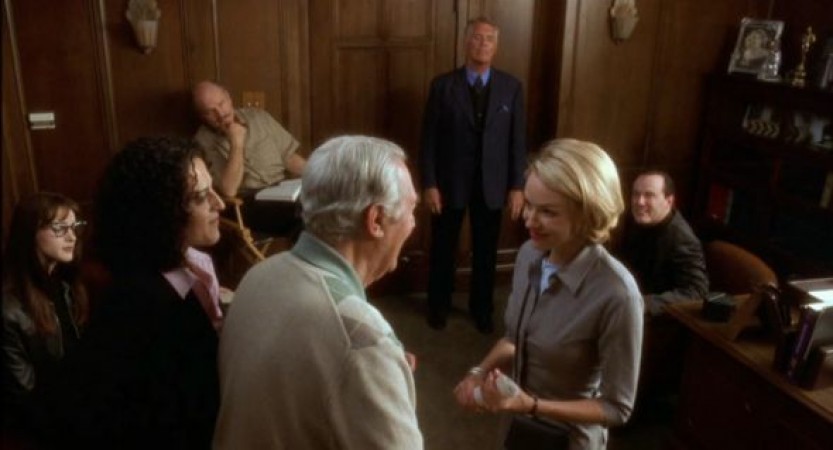
Deemed by many to be the best film of the 21st century, Mulholland Drive is inventive, manipulative, terrifying, surreal, and perplexing. So, why is it on this list? Perhaps because it is too innovative and complex compared to the average movie. Lynch’s magnum opus is a difficult movie to solve and so thematically profound that other films seem rather mundane and pointless when compared to it.
The acclaimed director delves into the horrors of Hollywood in a self-aware, meta cinematic manner by using clear archetypes and satirical dialogue in the first half, and tragic realistic outcomes in the second half. Themes of idealism and identity juxtaposed with failure and subsequent loneliness are balanced masterfully by Lynch, even through an ambiguous plot.
Mulholland Drive has a rewatchability factor like no other movie, in which you discover new elements every time. Symbols and motifs become much more apparent in subsequent viewings resulting in a complete, ostensible understanding of the film.
The film is a masterwork of acting, directing, and screenwriting; gripping on the surface level and deeply moving when broken down. The epidemic of mediocre, passable movies in the 21st century becomes even more infuriating when reflecting on this film.
7. The Seventh Seal
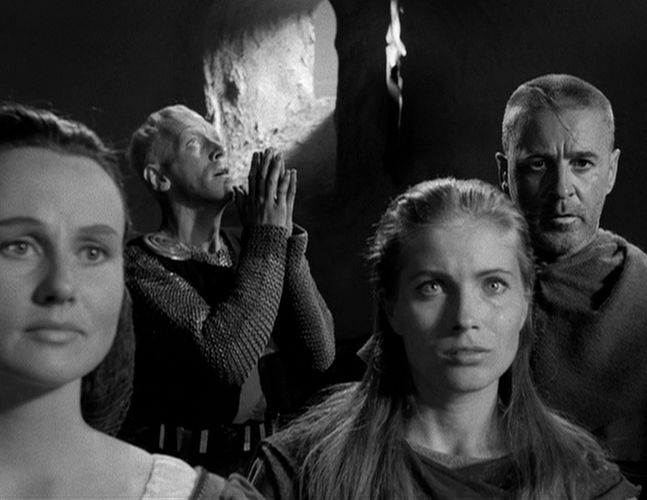
Ingmar Bergman’s introspective, thematically-driven film about life and imminent death is macabre, demoralizing, and real. The philosophical, Swedish film fittingly takes place during The Crusades, a nihilistic period of suffering and untimely death.
The famous literal and figurative confrontation between a knight and Death in the form of a chess match is profound and quite poignant. The arduous battle spans for several days, representing a man clinging on to his final moments of life.
The symbolic nature of Max Von Sydow’s character attempting a strategic chess move with a knight (representing himself) and a bishop (for God) shows the brilliance of Bergman’s direction. Death is depicted as an intimidating, metaphysical force that cannot be stopped. The knight attempts to cheat in the match but still cannot defeat Death because his fate is already sealed.
With The Seventh Seal, Ingmar Bergman pushed the boundaries for what thematically-driven, symbolic films could be. Unfortunately, most films aren’t The Seventh Seal. Movies that don’t provoke abstruse, philosophical thoughts seem rather pointless after watching the Bergman classic. The Seventh Seal changes your way of thinking about life and death, as well as how film has the ability to become a work of art.
8. The Visit
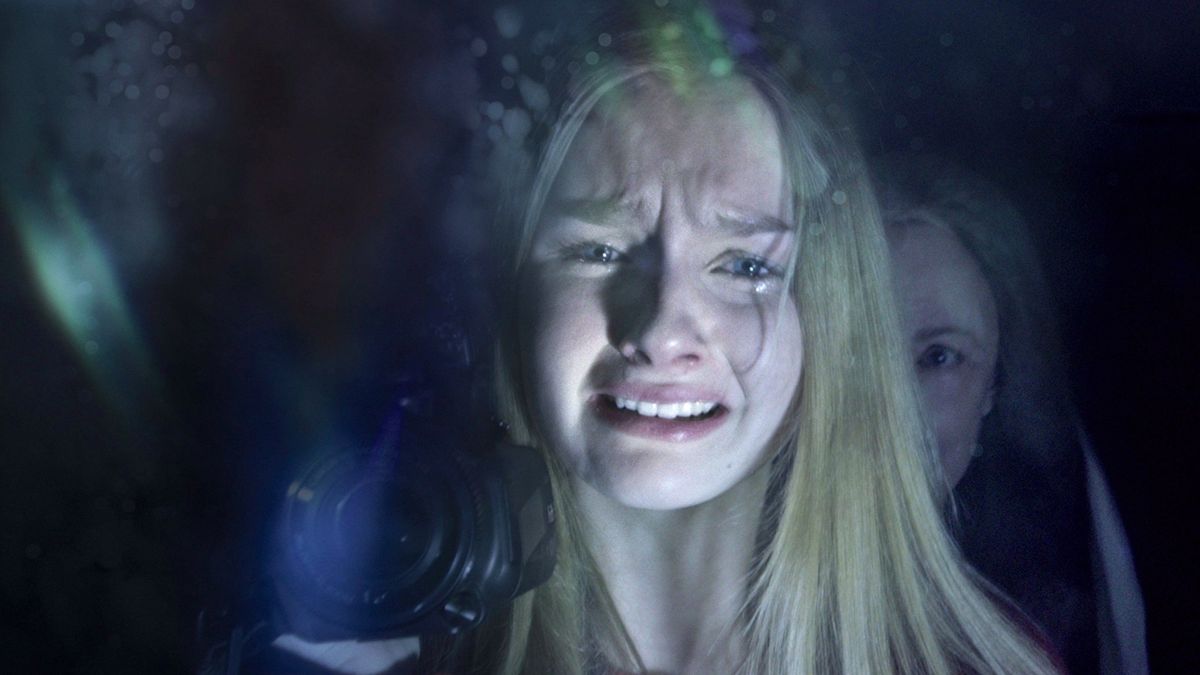
Many called it a welcome return to form for M. Night Shyamalan, but it really just personified the state of horror movies at the time. Comprised of jump scares, bad jokes, and wait for it….a “twist ending”, this movie is disappointing from start to finish. The horror-comedy contains irritating characters we don’t care about, a predictable ending, and an unreasonable amount of horror tropes.
Shyamalan had been embracing original ideas for years, some being successes and many being failures, but this film lacks any nuance whatsoever. That Shyamalan magic we sometimes love and other times mock is never exhibited. The direction is stagnant and the screenplay relies entirely on the twist ending. By the time that we get to the end, we’ve already lost all interest in the film.
The Visit is clearly not Shyamalan’s worst movie, but it’s his least inspiring and most dispiriting as a filmmaker. The horror flick is a case of a director making a safe, sure-fired hit at the box office in order to regain his reputation as a respectable filmmaker in the industry.
The VVitch, a brilliant, slow burning, psychological horror movie released the same year, didn’t make half the money The Visit made at the box office. The success of dull movies like The Visit is disheartening when there are so many terrific films of the same genre that are left unrecognized.
9. Gone with the Wind
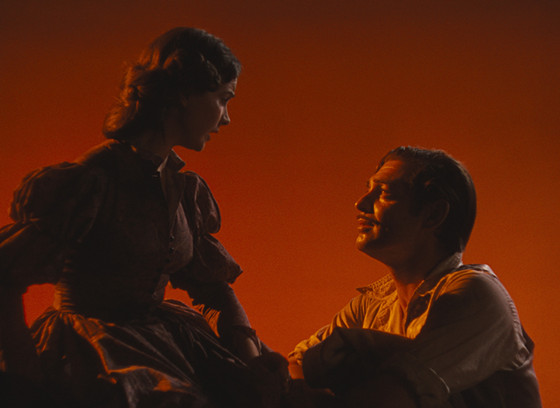
Gone with the Wind is often referred to as the greatest movie of all time by people born before 1940. The film is carried by tour de force performances by Vivien Leigh and Clark Gable. The production and costume design are fantastic, and the cinematography is epic in scale.
The Civil War epic is truly the definitive Hollywood film, but a troubling one at that. Slavery, undeniably an important issue of the Civil War era, is romanticized in the film to the utmost degree. African Americans in the film are treated like house guests and welcomed by the Southerners, defying the history of America. The oppressive nature of white Southerners during this time is never exhibited in the film much to the dismay of the audience.
Watching this film in the modern, progressive world we live in feels strange. Fleming’s ability to entice the audience for 3+ hours is impressive, but a sour taste is still left in our mouths by the end. It is hard not to question the importance of historical accuracy in films after watching Gone with the Wind.
10. Suicide Squad
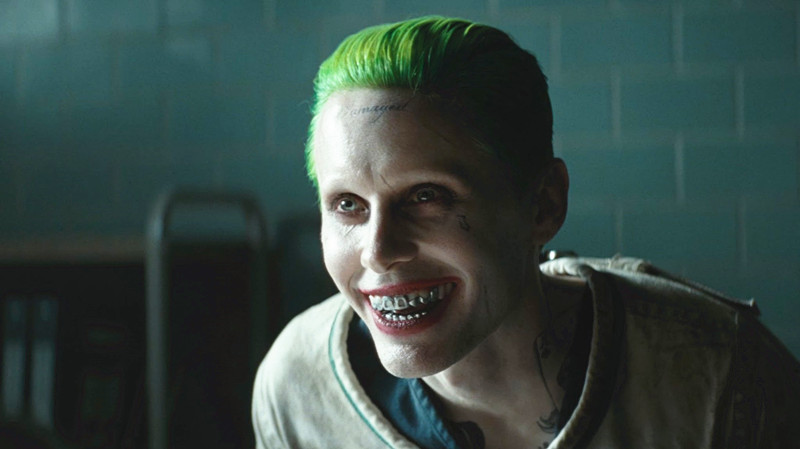
Suicide Squad seemed like a blast from the trailers and brilliant marketing backing it. Leto’s Joker was intriguing, the squad itself looked great, and the premise was interesting. The execution of the film though was…not so great. The movie is messy and irrational.
The characters lack clear motivation and feel like one episode TV villains. Jared Leto’s Joker is…well…not good. The Joker seems out of place in the film and doesn’t really serve any purpose. Leto presents a strange, indefensible punk version of the iconic villain.
The combination of popular music and quick editing is often times jarring. Action scenes that are supposed to be intense lose any gravity because of the pop songs and rapid edits. Superhero movies have the ability to be good, so when director David Ayer claims that “the movie is made for the fans”, or “the criticism is over-the-top vitriolic”, it makes the genre look bad.
The Marvel Cinematic Universe proved that superhero movies can be good. Logan and The Dark Knight proved they can be great. Downgrading your movie as “for the fans” is just insulting and infuriating for film and comic book fans.